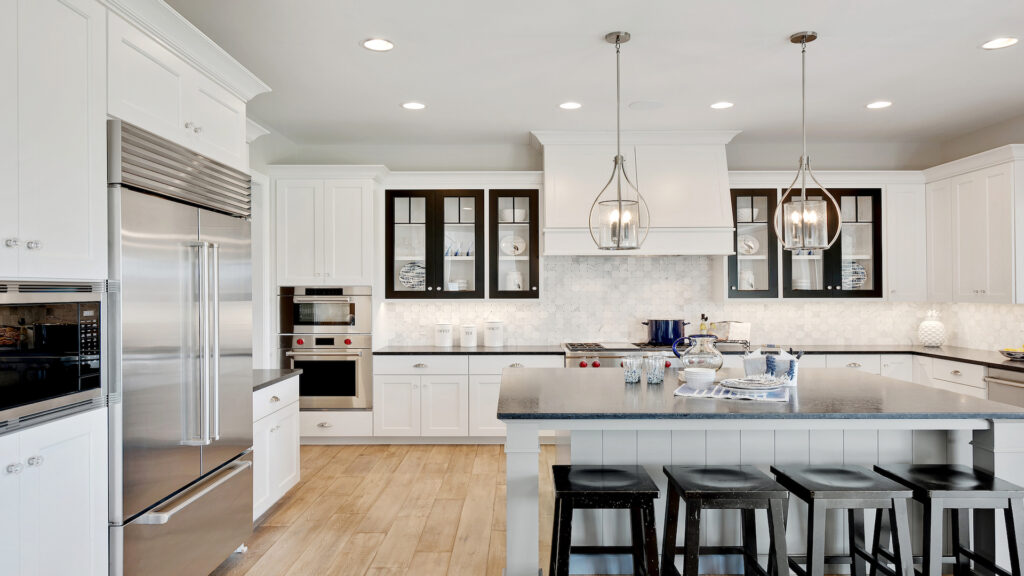Kitchen remodeling cost is a crucial factor to consider when embarking on a kitchen renovation project. Understanding the various expenses involved, setting a realistic budget, and managing costs effectively can help ensure a successful and stress-free remodeling experience. In this comprehensive guide, we’ll delve into everything you need to know about kitchen remodeling costs, from factors influencing the expenses to tips for saving money and managing your budget effectively.
When it comes to home improvement projects, kitchen remodeling is often considered one of the most significant investments homeowners can make. Not only does it enhance the aesthetics and functionality of the space, but it also adds value to the property. However, before diving into a kitchen renovation project, it’s essential to understand the associated costs to avoid any financial surprises along the way.
Understanding Kitchen Remodeling Costs
Factors Affecting Kitchen Remodeling Costs
The cost of kitchen remodeling can vary widely depending on several factors. These include the size of the kitchen, the quality of materials used, and labor costs. Larger kitchens with extensive renovations will naturally incur higher expenses compared to smaller-scale projects. Similarly, opting for high-end materials and finishes will contribute to a higher overall cost.
Importance of Setting a Realistic Budget
Setting a realistic budget is paramount when planning a kitchen remodel. Assessing your financial resources and understanding the potential return on investment (ROI) can help you determine how much you’re willing to spend. It’s also essential to budget for unexpected expenses that may arise during the renovation process, such as structural issues or permit fees.
Different Types of Kitchen Remodels and Their Costs
Kitchen remodeling projects can range from basic cosmetic updates to full-scale renovations. Basic updates, such as painting cabinets or replacing hardware, tend to be more budget-friendly, while high-end renovations involving custom cabinetry and luxury appliances can come with a hefty price tag. Understanding the different types of remodels and their associated costs can help you choose the best approach for your budget and needs.
Estimating Kitchen Remodeling Costs
Cost Breakdown: Materials vs. Labor
When estimating kitchen remodeling costs, it’s essential to consider both materials and labor expenses. Materials, including cabinets, countertops, flooring, and appliances, typically account for a significant portion of the budget. Labor costs, which encompass installation, plumbing, electrical work, and other services, also contribute to the overall expense. Additionally, don’t forget to budget for any additional expenses, such as permits and design fees.
Average Costs for Common Kitchen Renovation Components
To get a better idea of how much your kitchen remodel might cost, it’s helpful to look at the average costs for common renovation components. Cabinetry, countertops, flooring, appliances, and lighting fixtures all have varying price ranges depending on factors such as material quality and design complexity. Researching these average costs can give you a baseline for budgeting your project.
Tips for Saving Money on Kitchen Remodeling
While kitchen remodeling can be a significant investment, there are several ways to save money without compromising on quality. Consider DIY options for tasks you can handle yourself, such as painting or installing hardware. Shop around for discounts and deals on materials and appliances, and consider reusing or refurbishing existing items to cut costs. Additionally, be strategic about where you allocate your budget, focusing on areas that will have the most significant impact on the overall look and functionality of your kitchen.
Budgeting and Financing Your Kitchen Remodel
Setting a Realistic Budget
When budgeting for your kitchen remodel, it’s essential to be realistic about what you can afford. Researching average costs for materials and labor in your area can help you set a budget that aligns with your financial resources. It’s also crucial to prioritize your needs versus wants and allocate funds accordingly to ensure you stay within budget.
Exploring Financing Options
If you don’t have enough savings to cover the cost of your kitchen remodel upfront, there are various financing options available. Home equity loans, personal loans, and credit cards are common ways to finance home improvement projects. Additionally, some contractors offer financing options to help homeowners spread out the cost of their renovations over time. Be sure to explore all your financing options and choose the one that best fits your needs and financial situation.
Understanding the Financial Impact
Before committing to a kitchen remodel, it’s essential to consider the financial impact it will have on your home’s value. While a well-executed kitchen renovation can increase the resale value of your property, it’s essential to weigh the potential ROI against the upfront costs. Consulting with real estate professionals or appraisers can help you make an informed decision about whether a kitchen remodel is a worthwhile investment for your home.
Hiring Professionals for Your Kitchen Remodel
Importance of Hiring the Right Contractor
Choosing the right contractor is crucial to the success of your kitchen remodel. Take the time to research and interview multiple contractors, checking references and credentials to ensure they have the experience and expertise to handle your project. Additionally, make sure to obtain detailed quotes from each contractor and compare them carefully before making a decision.
Working with Designers and Architects
Collaborating with designers and architects can help you bring your vision for your dream kitchen to life. They can assist you in creating detailed design plans that maximize both functionality and aesthetics while staying within your budget. Be sure to communicate your budgetary constraints upfront to avoid any surprises down the line.
DIY vs. Professional Installation
Deciding whether to tackle certain aspects of your kitchen remodel yourself or hire professionals depends on your skills, resources, and the complexity of the project. While DIY can save money, it’s essential to be realistic about your abilities and the potential risks involved. Certain tasks, such as plumbing and electrical work, are best left to licensed professionals to ensure safety and compliance with building codes.
Managing Your Kitchen Remodeling Project
Creating a Detailed Project Timeline
A well-planned project timeline is essential for keeping your kitchen remodel on track and within budget. Work with your contractor to develop a realistic schedule that outlines key milestones and deadlines for each phase of the project. Be prepared for potential delays and setbacks, and communicate regularly with your contractor to address any issues that arise promptly.
Monitoring Costs and Expenses
Throughout the remodeling process, it’s crucial to keep a close eye on costs and expenses to avoid going over budget. Keep track of all expenses, including materials, labor, permits, and any unexpected costs that may arise. If you notice that costs are starting to exceed your budget, discuss potential solutions with your contractor and adjust your plans as needed to stay on track financially.
Dealing with Unforeseen Issues
Despite careful planning, unforeseen issues can arise during a kitchen remodel. Structural problems, delays in material delivery, and conflicts with contractors are just a few examples of challenges you may encounter. Stay calm and flexible, and work closely with your contractor to address these issues as they arise. By remaining proactive and adaptable, you can keep your project on course and minimize any disruptions to your timeline and budget.
Frequently Asked Questions (FAQs)
How much does a kitchen remodel typically cost?
The cost of a kitchen remodel can vary widely depending on factors such as the size of the kitchen, the quality of materials used, and the scope of the project. On average, however, homeowners can expect to spend anywhere from $10,000 to $50,000 or more for a complete kitchen renovation.
What factors influence the cost of a kitchen remodel?
Several factors can influence the cost of a kitchen remodel, including the size of the kitchen, the quality of materials selected, the complexity of the project, and the labor costs in your area. Additional factors such as permit fees, design services, and unexpected expenses can also contribute to the overall cost.
How can I estimate the cost of my kitchen remodel?
Estimating the cost of a kitchen remodel involves considering the expenses associated with materials, labor, and additional services. Researching average costs for common renovation components such as cabinetry, countertops, flooring, appliances, and labor can help you develop a realistic budget for your project.
Are there ways to save money on a kitchen remodel?
Yes, there are several ways to save money on a kitchen remodel without sacrificing quality. Some cost-saving tips include:
- Choosing mid-range materials instead of high-end options.
- Doing some of the work yourself (DIY).
- Shopping for discounts and deals on materials and appliances.
- Reusing or refurbishing existing items whenever possible.
Should I hire a professional contractor for my kitchen remodel?
While DIY projects can save money, hiring a professional contractor for your kitchen remodel is often recommended, especially for complex projects or tasks requiring specialized skills such as plumbing and electrical work. A skilled contractor can ensure that the work is done safely, efficiently, and up to code, potentially saving you time, money, and headaches in the long run.
How can I finance my kitchen remodel?
Financing options for a kitchen remodel may include personal savings, home equity loans, personal loans, credit cards, or contractor financing. It’s essential to explore all your options carefully and choose the one that best fits your financial situation and long-term goals.
What is the ROI (Return on Investment) for a kitchen remodel?
The ROI for a kitchen remodel can vary depending on factors such as the extent of the renovation, the quality of materials used, and the local real estate market. In general, however, a well-executed kitchen remodel can yield a high ROI by increasing the resale value of your home and attracting potential buyers.
How long does a kitchen remodel typically take?
The duration of a kitchen remodel can vary depending on factors such as the scope of the project, the availability of materials, and the contractor’s schedule. On average, a complete kitchen renovation may take anywhere from several weeks to a few months to complete.
What should I do if I encounter unexpected issues during my kitchen remodel?
Unexpected issues such as structural problems, material delays, or conflicts with contractors are not uncommon during a kitchen remodel. If you encounter any unexpected issues, it’s essential to stay calm, communicate openly with your contractor, and work together to find solutions that keep the project on track and within budget.
Conclusion
In conclusion, understanding the costs associated with kitchen remodeling is essential for planning a successful renovation project. By considering factors such as materials, labor, budgeting, and financing options, you can ensure that your kitchen remodel stays on track and within budget. Whether you’re updating your kitchen for personal enjoyment or preparing to sell your home, careful planning and budget management are key to achieving the results you desire. By following the tips and guidelines outlined in this guide, you can embark on your kitchen remodeling journey with confidence and peace of mind.

